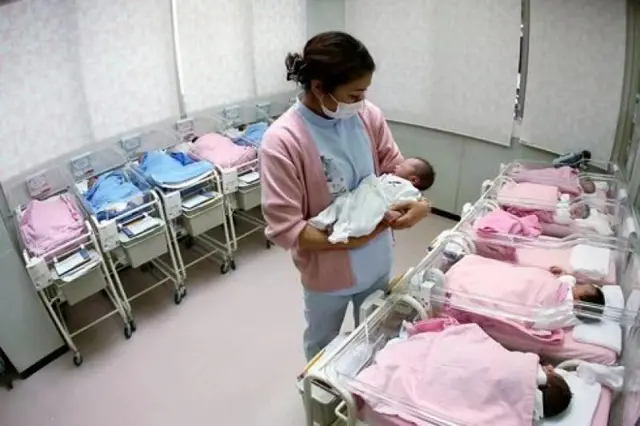By APD writer Rishika Chauhan
The number of newborns in Japan hit a record low in 2019 as only 864,000 babies were born, down 54,000 from a year earlier, according to the Ministry of Health, Labor and Welfare.
This is the lowest level since 1899 (120 years ago).
Meanwhile, deaths hit a postwar high of 1.376 million, with the largest-ever natural population decline of 512,000.
The continued falling birthrate and shrinking population mean that Japan may struggle to maintain the current national pension, medical and nursing care systems in the coming years.
The Japanese government aims to raise the total fertility rate to 1.8 by the end of fiscal year 2025. It has launched measures to support child-rearing and employment of younger generations.
The total fertility rate, which measures the average number of children expected to be born per woman, stood at 1.42 last year.
The number of couples who married in 2019 decreased 3,000 to a postwar low of 583,000, while the number of couples who divorced rose by about 2,000 to 210,000.
With the number of childbearing-age women declining, the number of babies is likely to decrease further. The number of women in their 30s as of July 1 stood at 6.83 million, and those in their 20s was at 5.77 million.
Japan's population first posted a net decline in 2005, with the number of deaths eclipsing that of births. The trend of natural population decrease has remained in Japan for 13 consecutive years since 2007.
(ASIA PACIFIC DAILY)
 简体中文
简体中文

